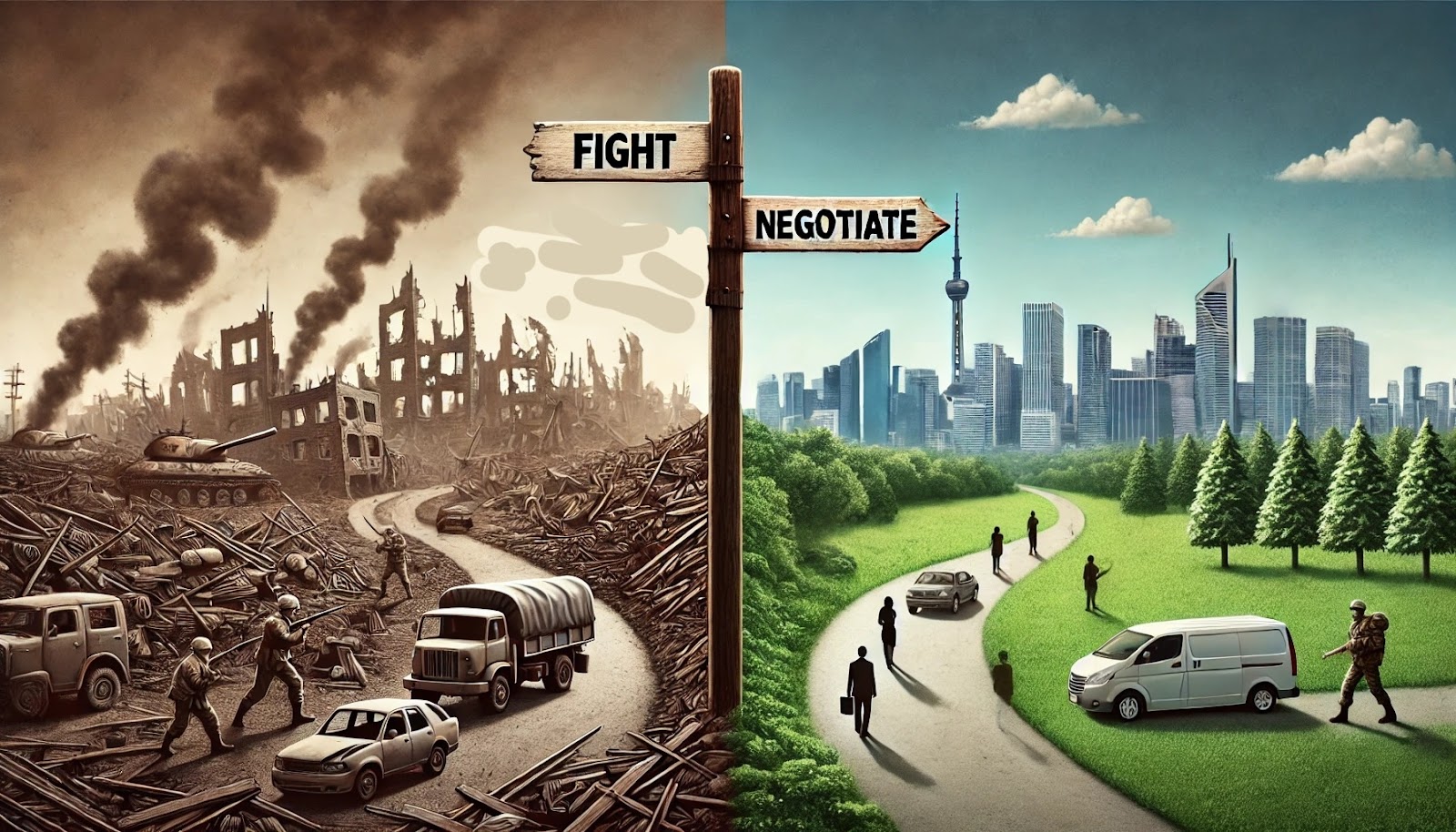
13 July 2024
But to be serious, the big picture is world peace and prosperity and the context is the decline of the West.This decline is an own-goal, because we have built up a debt that is swallowing our tax revenues and making it difficult to sell our governments bonds, and we have put sanctions on our competitors to break their economies, and we have moved too close to their borders for their comfort & security to break their governments.(Never...















